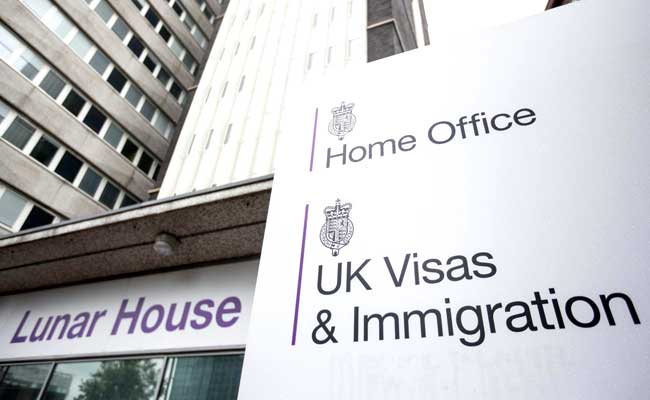New UK Data Protection Rules and Their Effect on Immigrants

The General Data Protection Regulation (GDPR) comes into effect on 25 May 2018, in what has been described as one of the biggest modernisations of data protection law anywhere in the world. The GDPR seeks to create a consistent set of data protection rules across the entire European Union, including the UK, where the regulation will be implemented through a new Data Protection Bill in order to preserve the GDPR post-Brexit.
Schedule 2, paragraph 4 of the Bill sets out exemptions from the GDPR with regards to immigration law. The inclusion of the immigration law exemption means that non-nationals subject to an immigration procedure will lose the right to access data held about them. In turn, this will inevitably lose them to opportunity to rectify or delete errors in Home Office records or uncover data that has been unlawfully collected. This new law will affect individuals who are not UK nationals, including EEA and EU nationals who are resident in the UK.
In practical terms, this will make it very difficult, or even virtually impossible, for individuals involved in immigration disputes to obtain copies of their personal data from the Home Office.
It has been argued that the new clause creates a lack of adequate protection of the data protection rights of non-nationals in the UK. This in turn may be damaging to UK interests because if the UK loses its adequacy arrangement with the EU, after Brexit, it would also lose free access to data from nations such as the US. Furthermore, some argue that the clause will create new discriminatory immigration restrictions by way of removing a transparent implementation of data protection rules in the UK.
On the other hand, the MPs who advocate a ‘hard Brexit’ argue that the key reason for leaving the EU was the desire to reduce immigration to the UK and therefore welcome the new rules.
Posted by: Gherson Immigration, http://bit.ly/2sgN2FF





